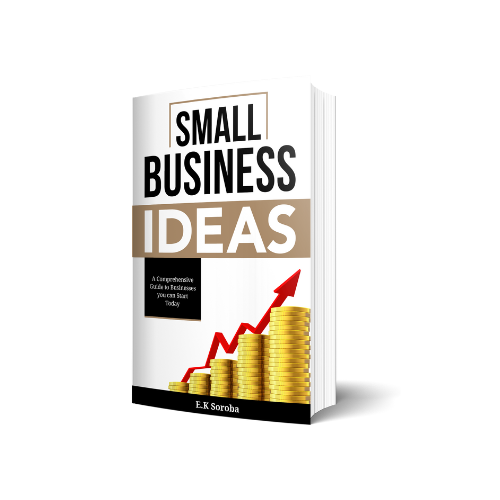The Psychology of addiction
Human beings desire some form of predictability in their everyday lives. We are curious creatures that get stimulated by suspense. We’ll watch a movie for 2 hours because we want to know what happens next, and ‘finding out’ is the reward which we seek.
We often seek an understanding of patterns that might lead to rewards. Even with just the potential of a reward, without there necessarily being one, our brain can get stimulated and start to obsessively look for answers. Clever companies that seek to maximize their customer retention must somehow incorporate this psychological conditioning into their marketing programs.
In a real life scenario, sports betting is highly addictive because the rewards come on a variable schedule. Today might be my day. Or maybe not. Well, let’s find out! Although one may not win every bet, there is always a potential that some bets will be successful. And the successful bets could make ten times the money.
Casinos are highly addictive because of the possibility of winning. Social media is highly addictive because the possibility of seeing an interesting post. Our brains get highly stimulated when trying to establish a pattern of the rewards which are expected at some point in the future.
Understanding the principle of ‘Variable Rewards’
At the core of this burning obsession is a psychological conditioning called the variable schedule of rewards.
Psychologist B.F. Skinner, during an experiment, observed that lab mice were more responsive whenever treats (the rewards) were awarded to them at random intervals, than when awarded at predictable intervals.
During the experiment, the mice would press a lever and then sometimes get a small reward, other times a larger one, and other times nothing at all.
Unlike a separate group of mice that received the same reward each time they pressed the lever, the group receiving variable rewards was much more engaged. Human beings are similar to the mice in the experiment; when introduced to the possibility of rewards that are unpredictable, the brain becomes more stimulated than if the rewards were predictable.
The reason why variable rewards are a such powerful customer retention weapon has to do with dopamine – a neurotransmitter that is linked with habits and desire. A reward increases the dopamine levels in our brains, which motivates us to do the thing which got us the reward in the first place.
Dopamine is also strongly correlated to the anticipation of pleasure. When we figure out a pattern or a system of how something works, the element of unpredictability gets killed, which also kills the excitement.
The brain therefore gets bored because less dopamine is produced. Although invariable rewards still drive action, variable rewards have the potential of hooking consumers on deeper levels, with the potential of causing an addiction or the formation of a habit.
Using ‘Variable Rewards’ to make customers addicted
A variable schedule of rewards can be incorporated into almost any line of business that deals with people. The rewards must be relative to the consumer’s interests, otherwise there would be no element of excitement.
To help determine that, you can start by having a look at the target customer’s profile in order to design rewards which are in line with their interests.
The goal is to establish incentives that are genuinely appealing – and are not detrimental to the cash flow. Everybody would love $100 checks as rewards every now and then, but would it be sustainable? Probably not.
The guys at Facebook have mastered the art of customer retention by incorporating variable rewards. On each user’s timeline, Facebook displays several different types of posts, all of which ‘might be of interest’ to the user. The posts are also displayed without any particular order. Well, there is an order which is tied in their algorithms – but that is in the back-end.
While browsing, a user may find a funny video, then an inspirational post, then pictures of their crush, then some breaking news, then another funny video. The interesting things which pop up every now to keep users hooked for extended periods are the rewards for browsing the site.
Now, to ruin the fun, Facebook could enable users to select only one type of post to be displayed on their timeline. For instance, a user that selects ‘funny videos only’ would see nothing but funny videos. Although it may be exactly what the user thinks that they want to see, the element of variability gets killed.
The brain would easily understand the pattern and accurately guess the next item to load to be another funny video. Predictability means less dopamine production, which means less excitement.
Once we figure out the incentives that we intend to use, the next question is when and how they will be presented. The psychology at the core of variable rewards is that the brain gets highly engaged while trying to figure out a pattern, therefore it’s important to place the incentives in such a way that the consumer can never accurately determine when the next one will be, or what exactly it will be.
That will get them hooked, not necessarily at their own will, but through the brain’s response to the increased levels of dopamine. It is the same reason why casinos are highly addictive, despite the customers knowing that they will lose money.



